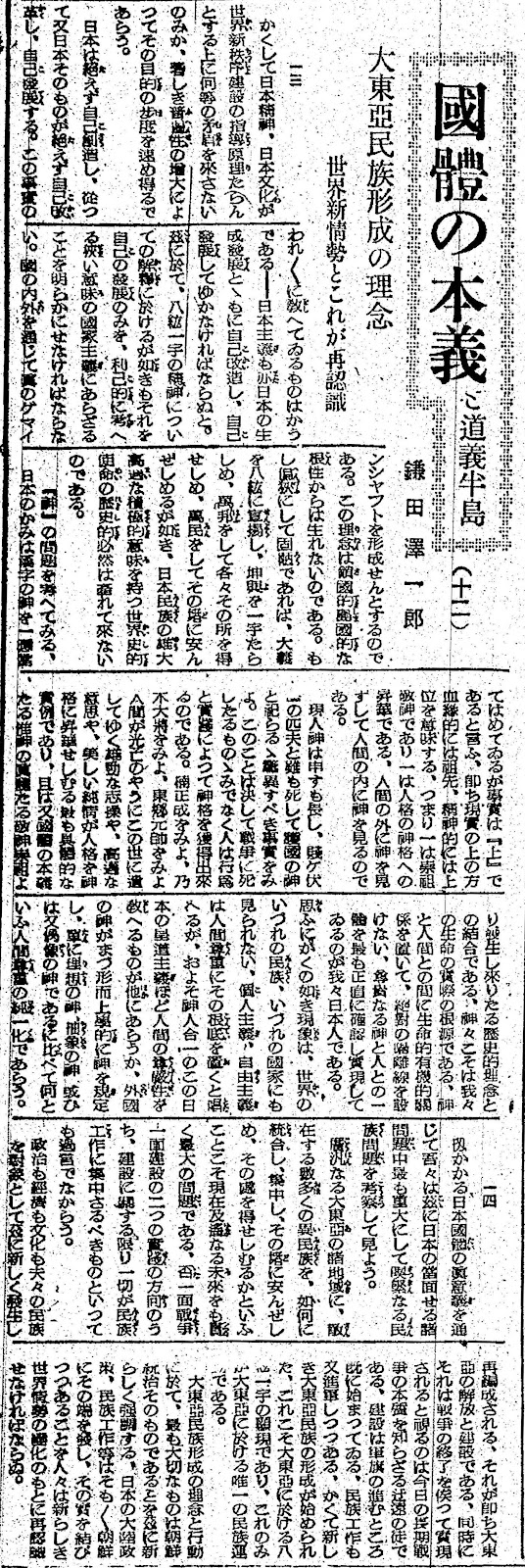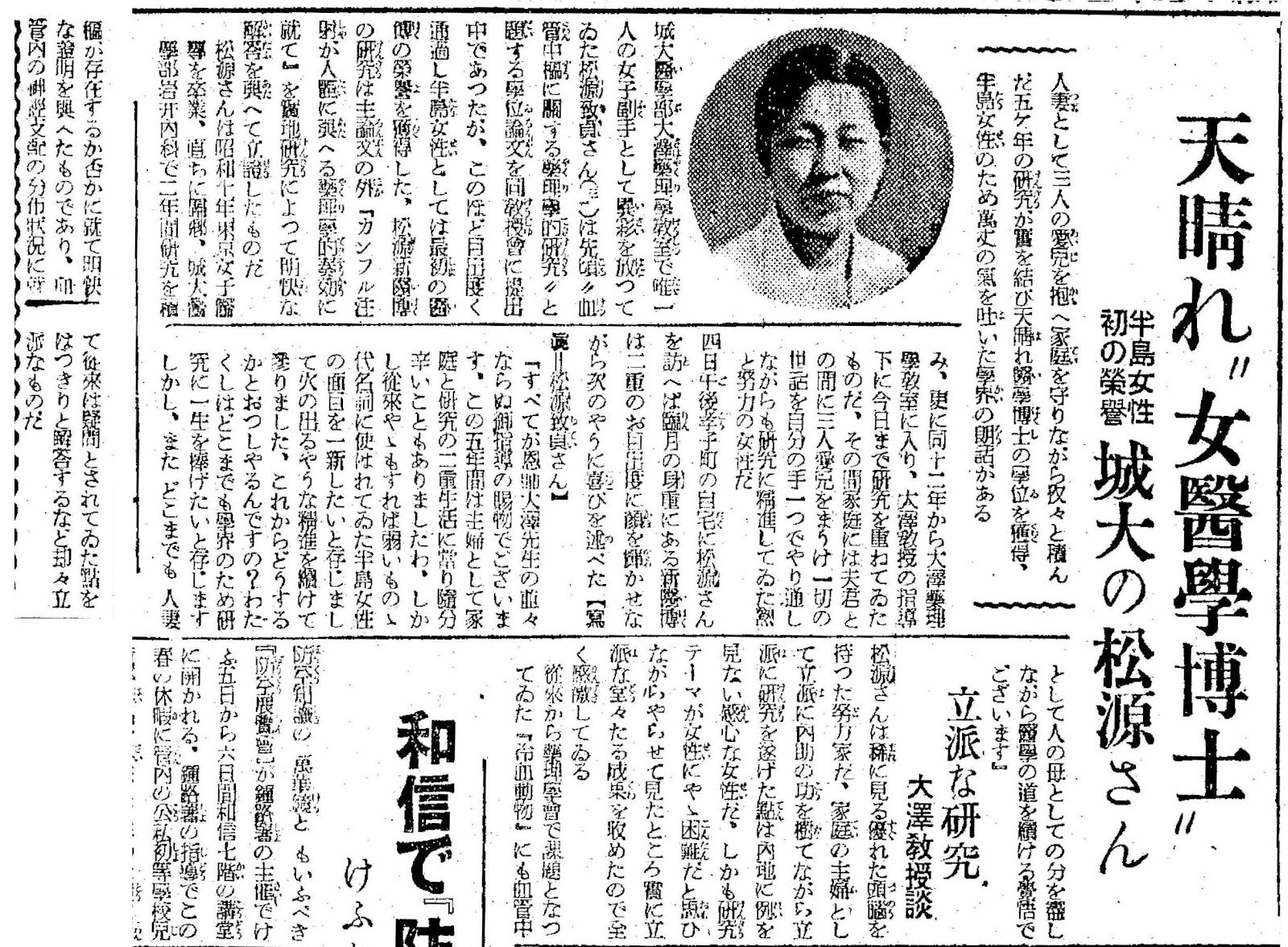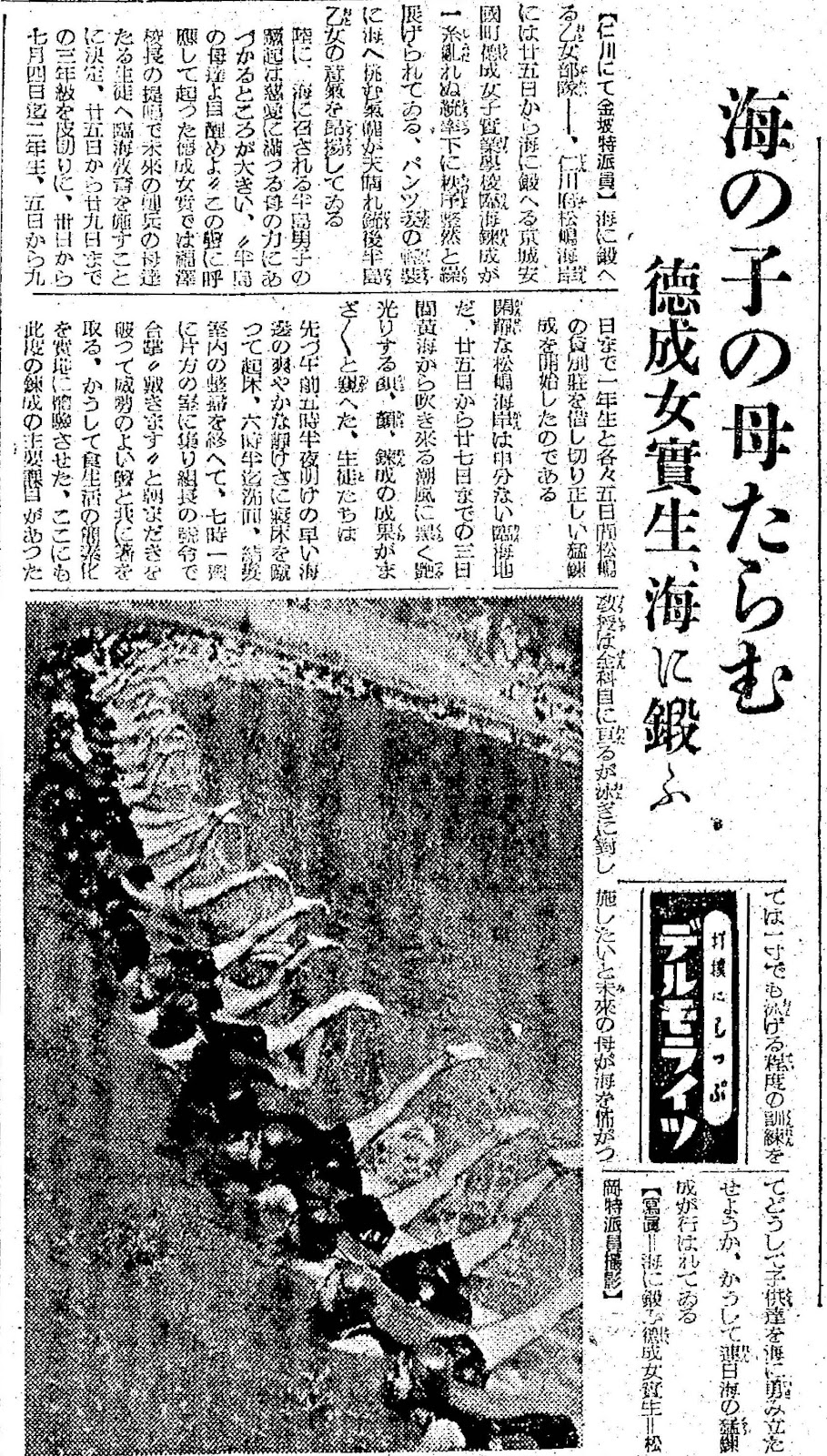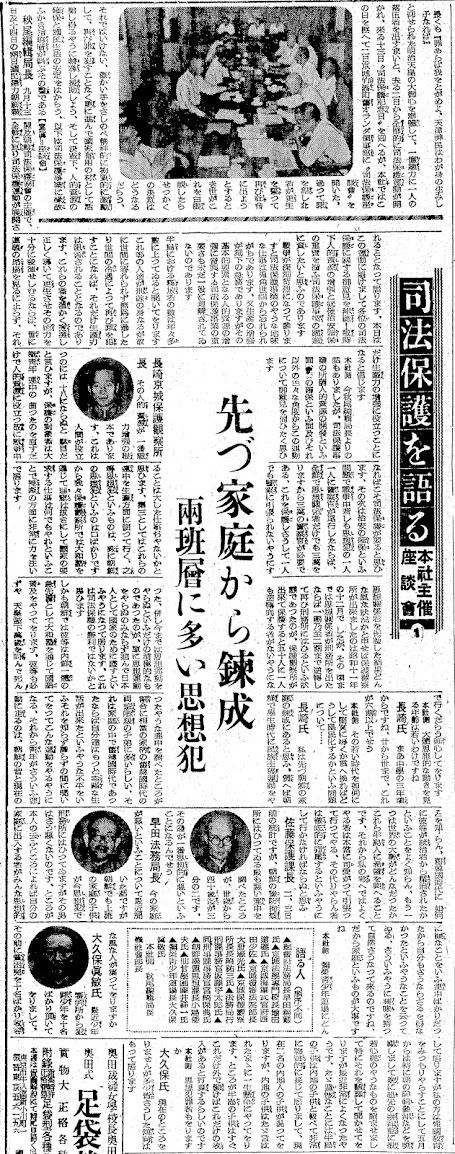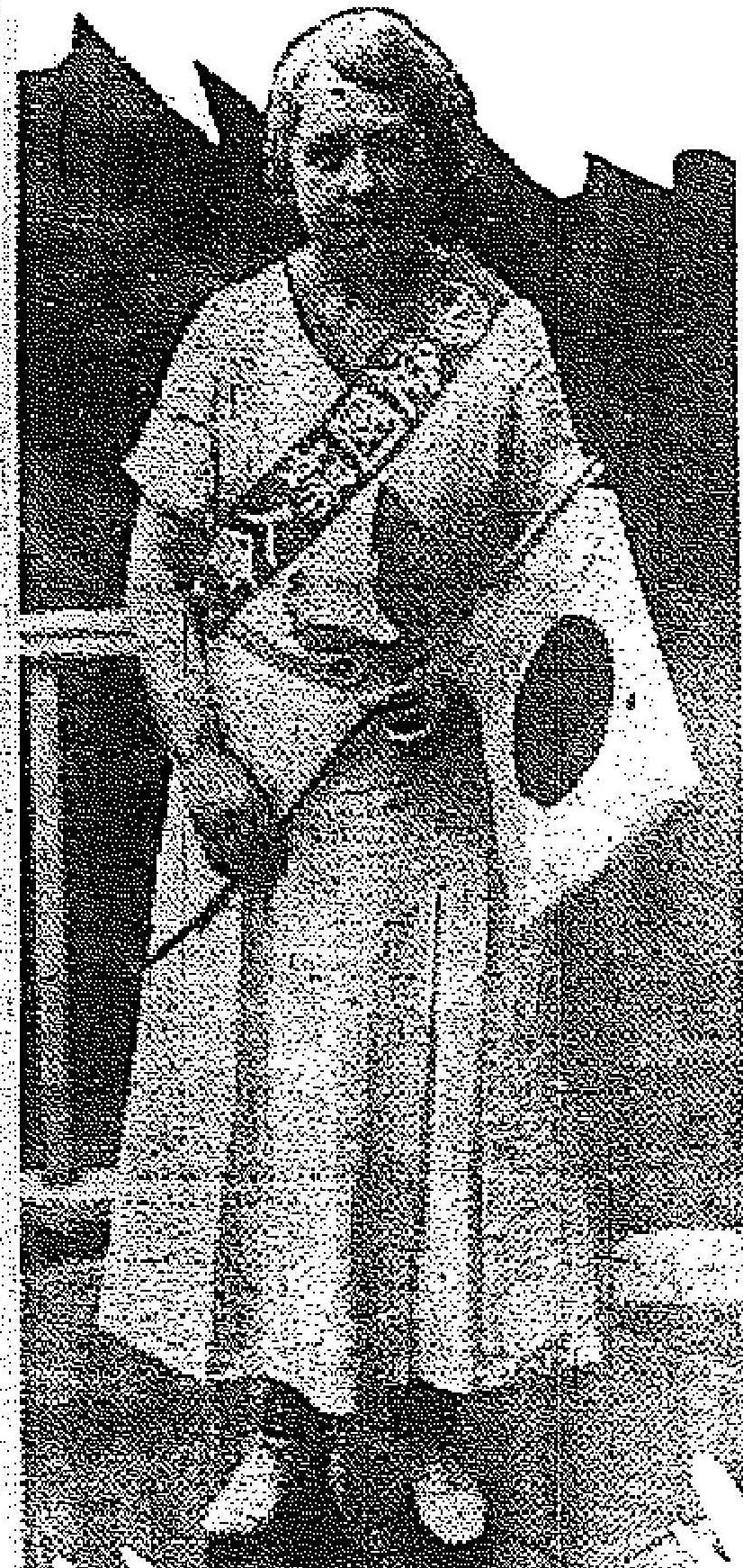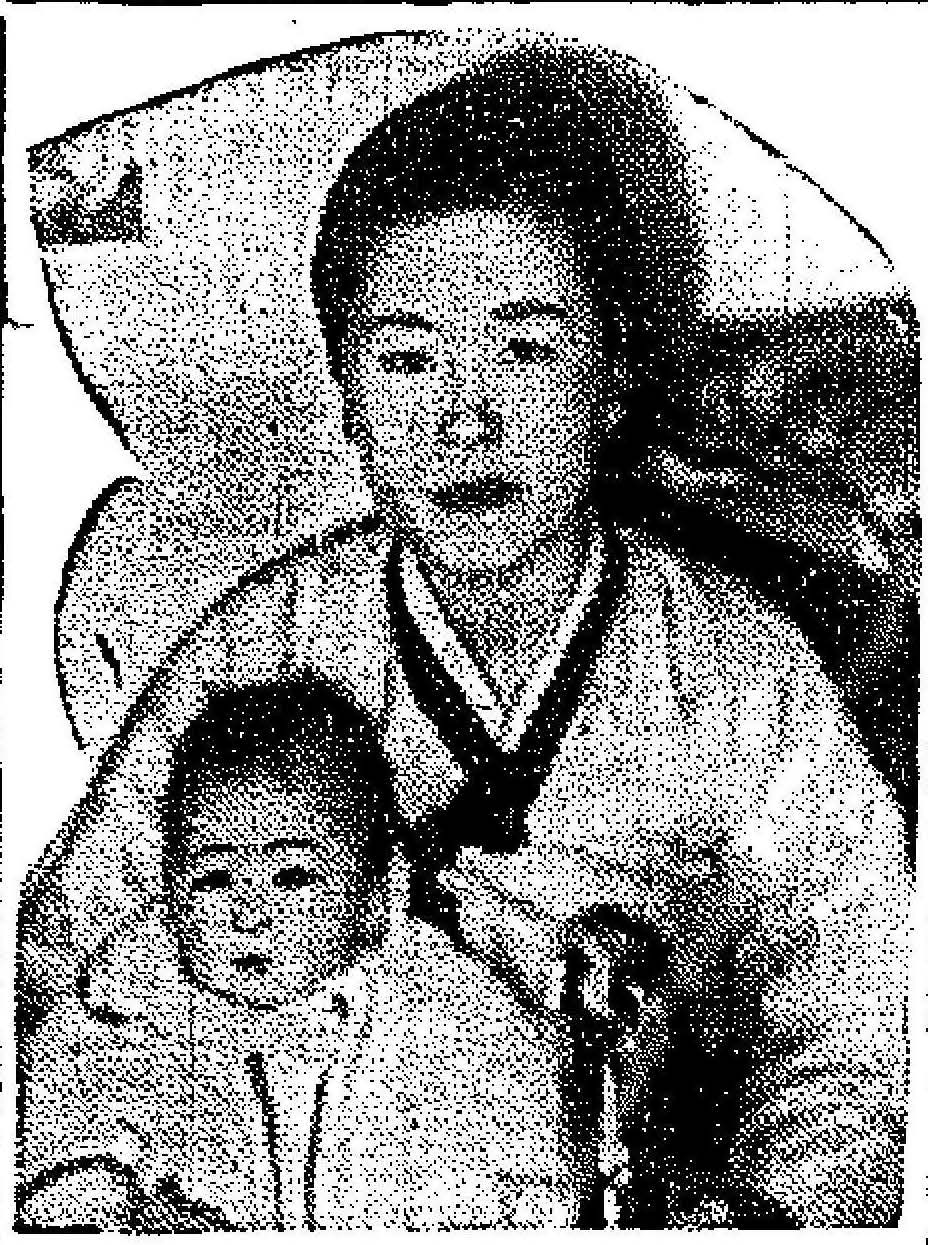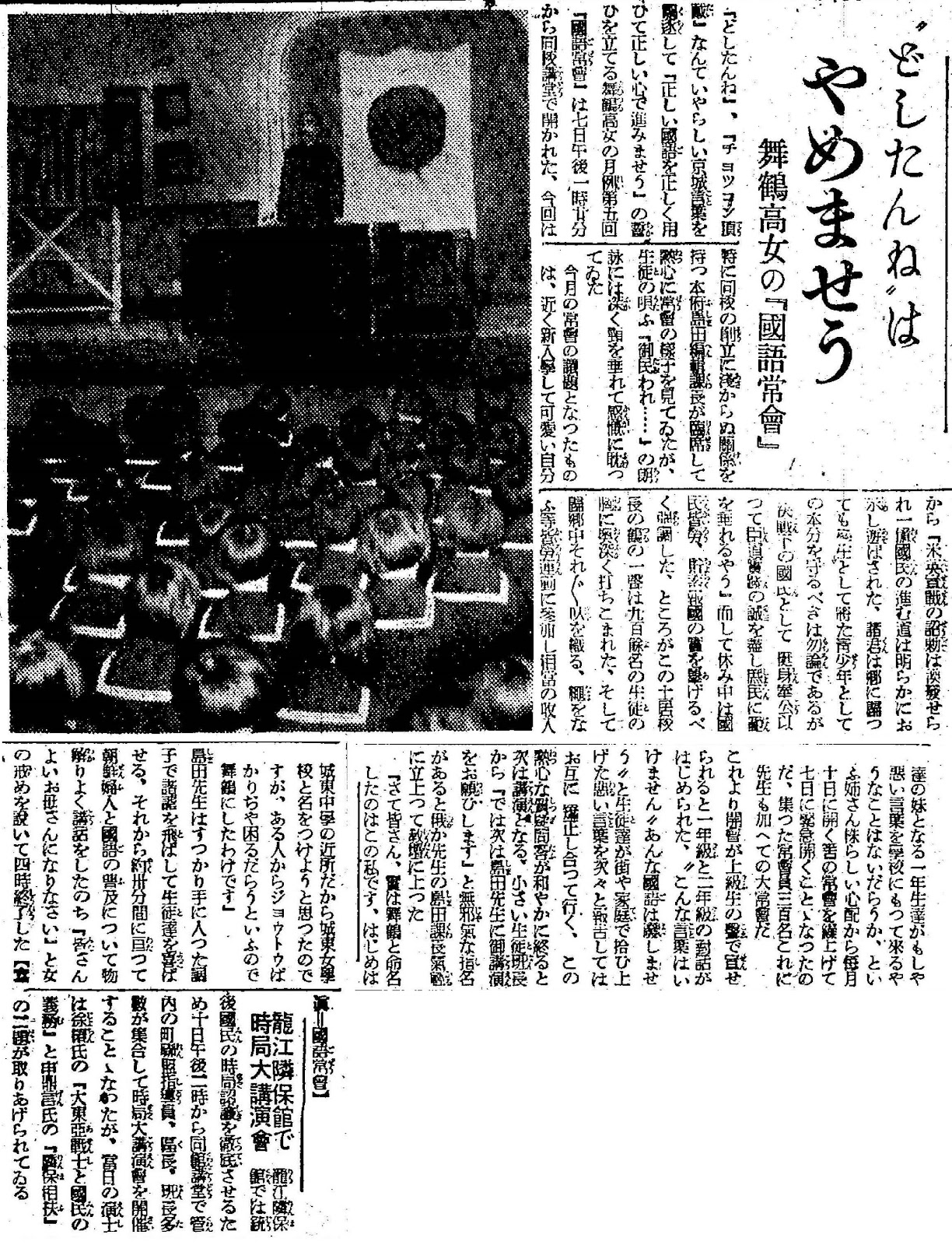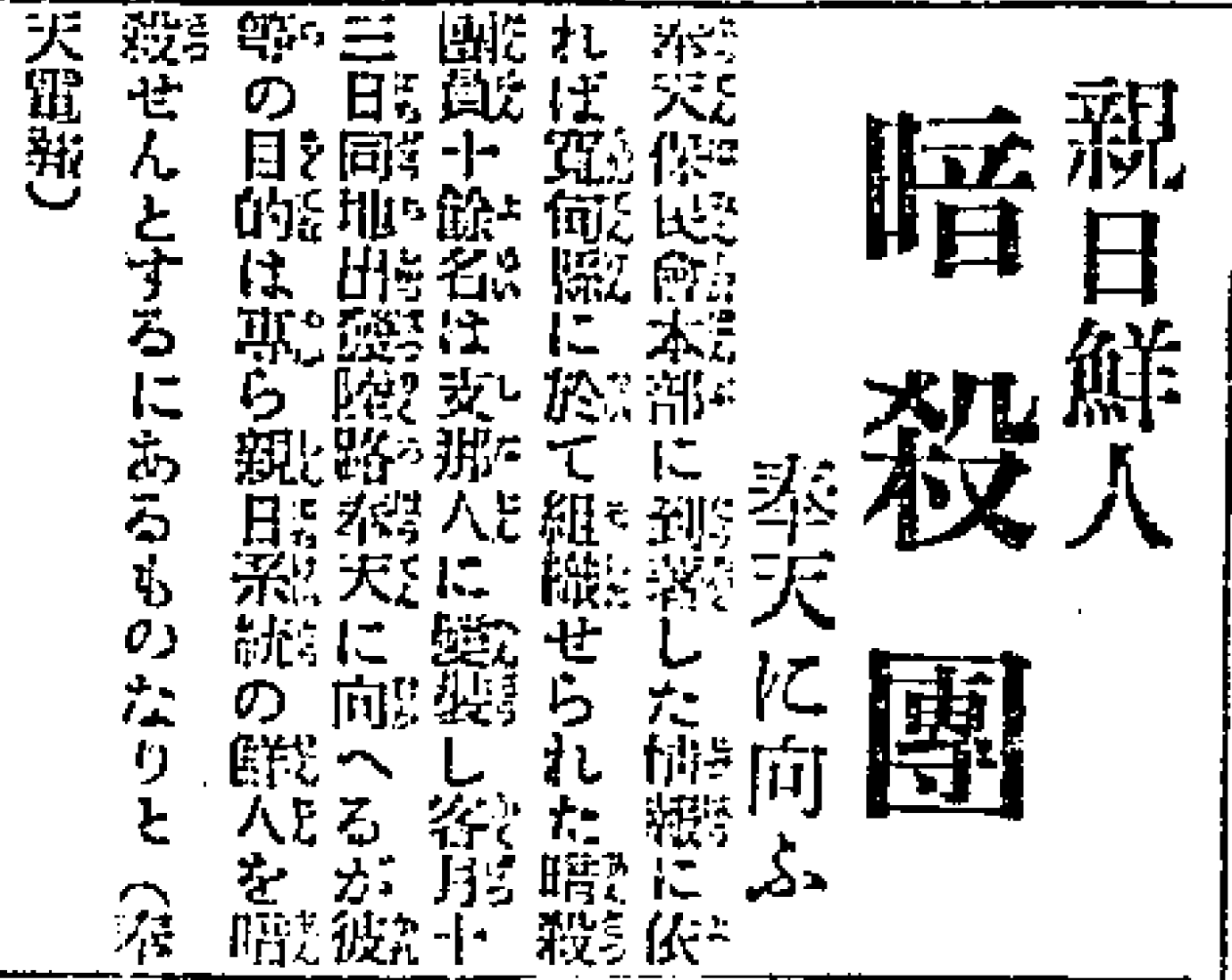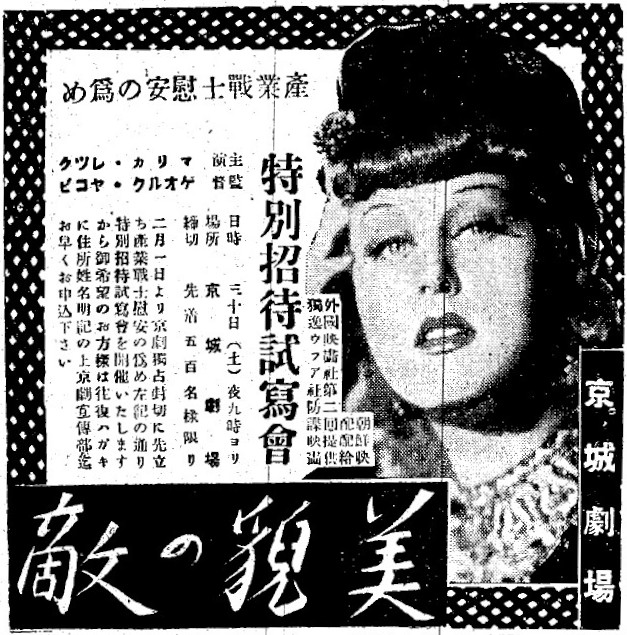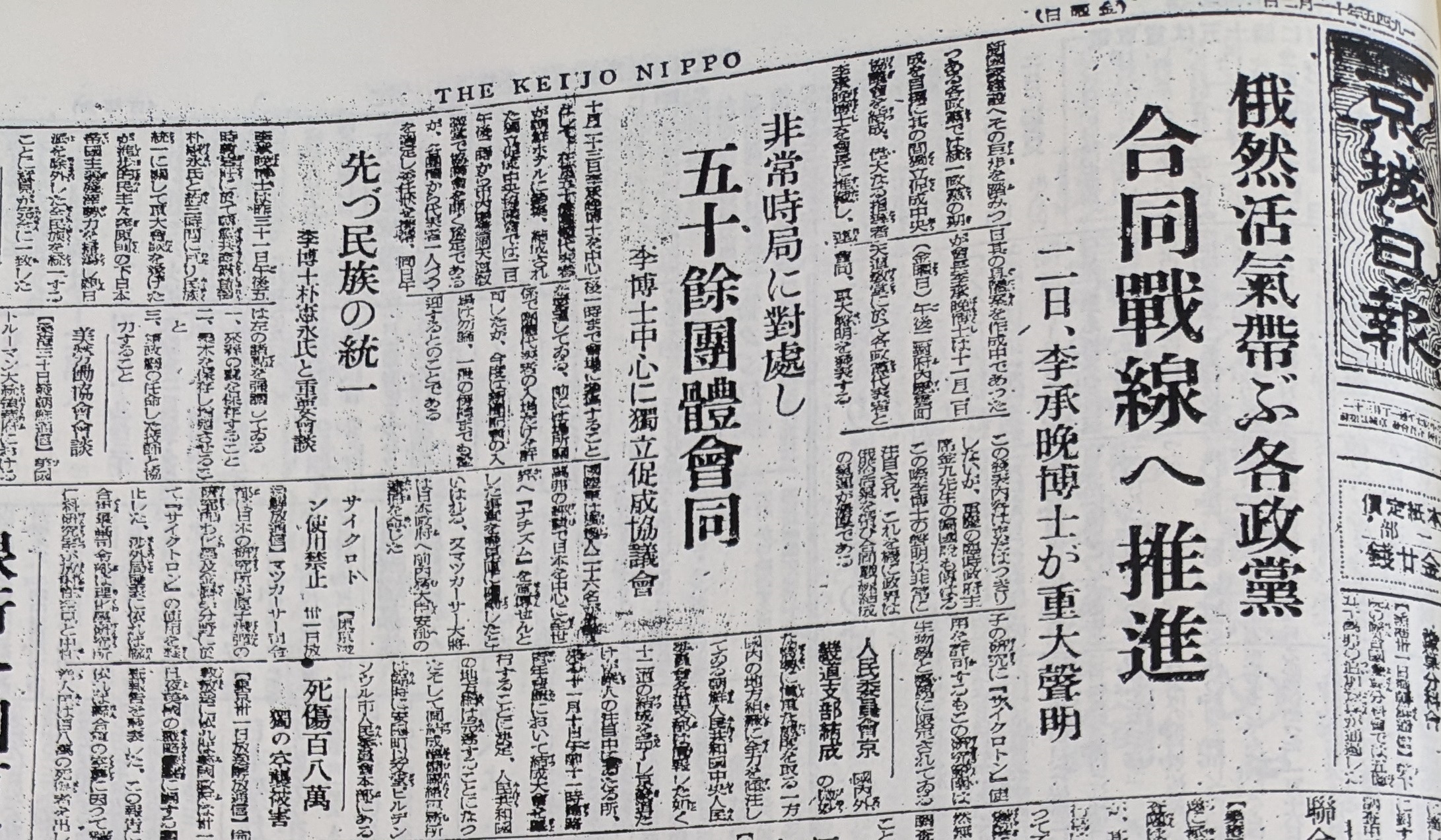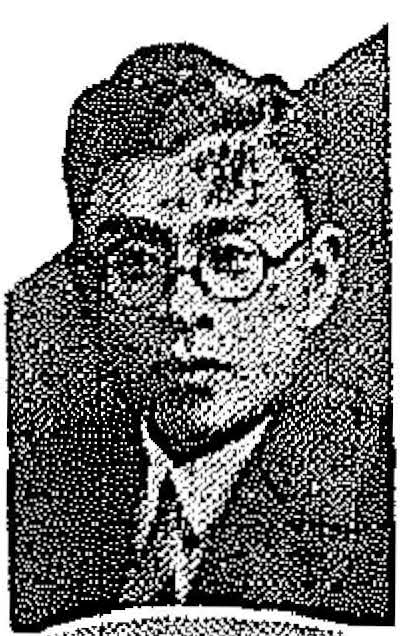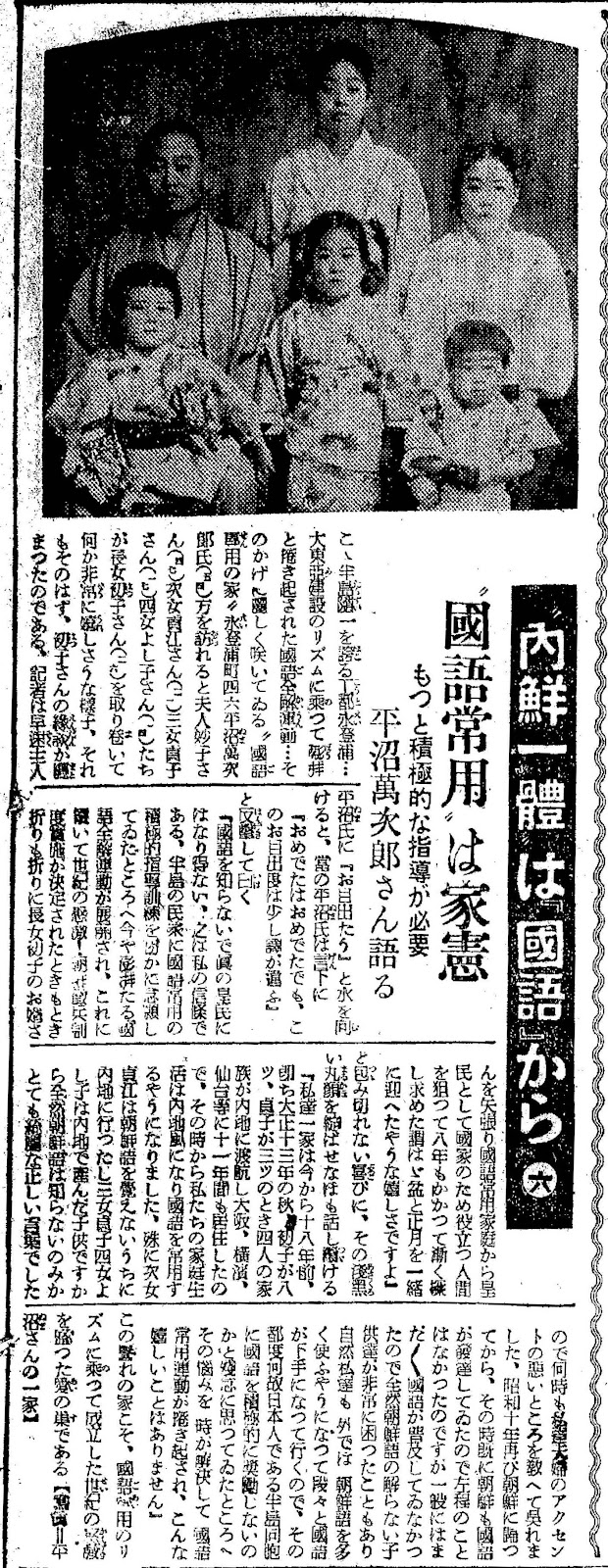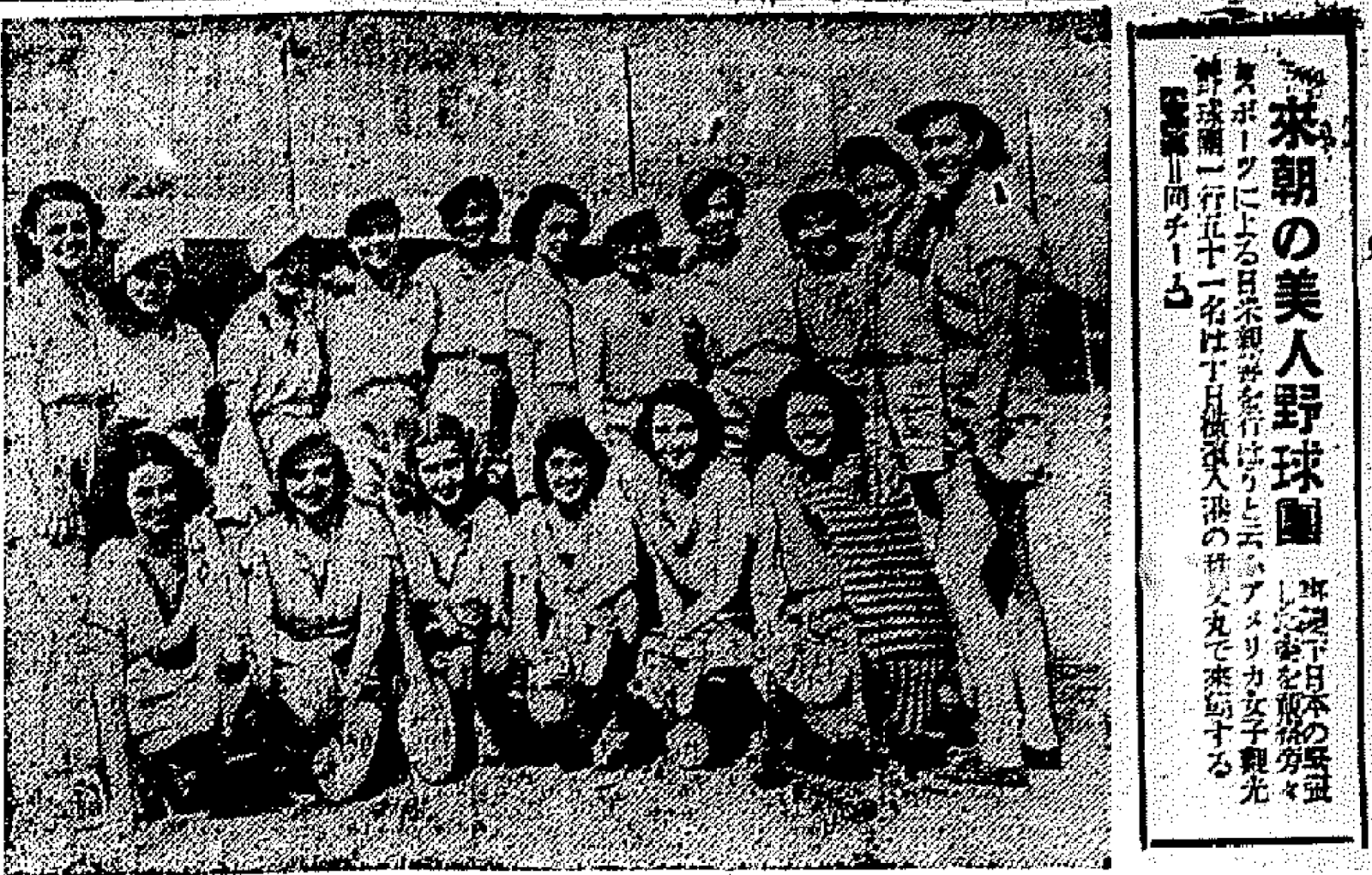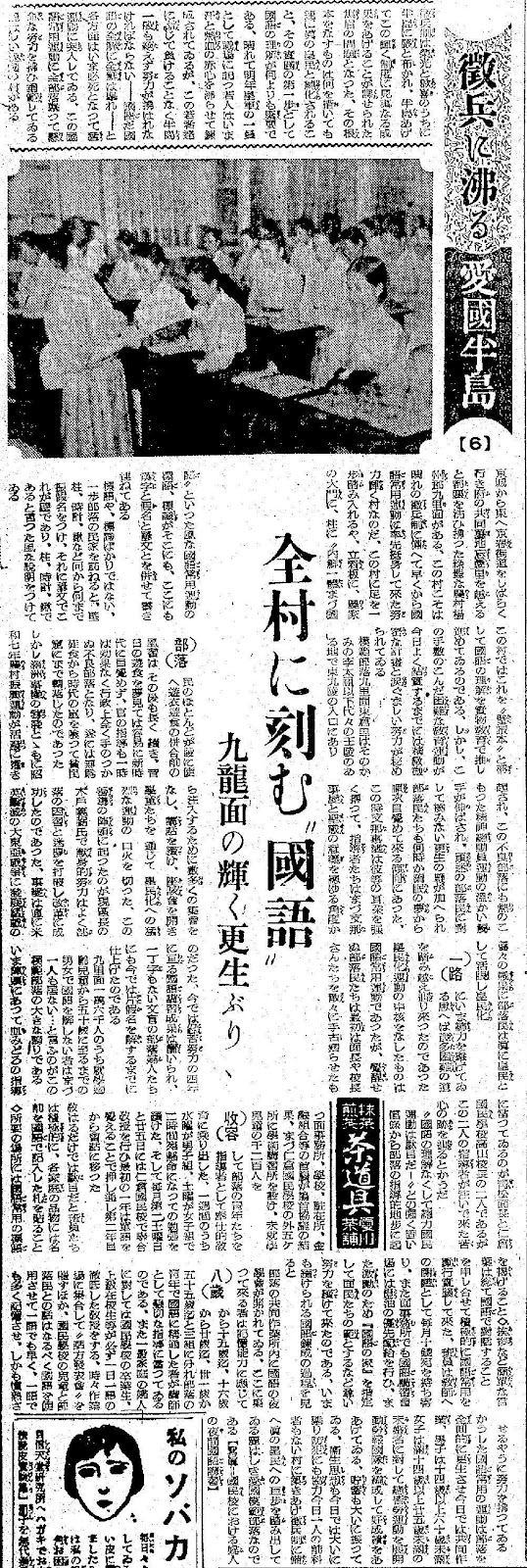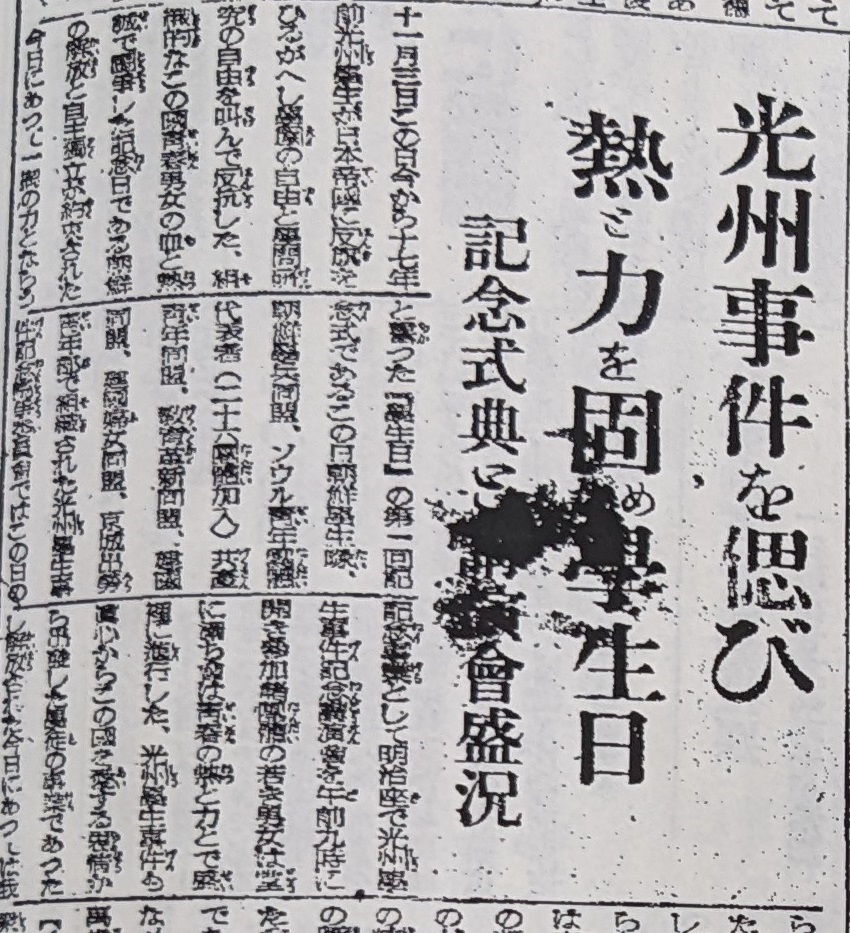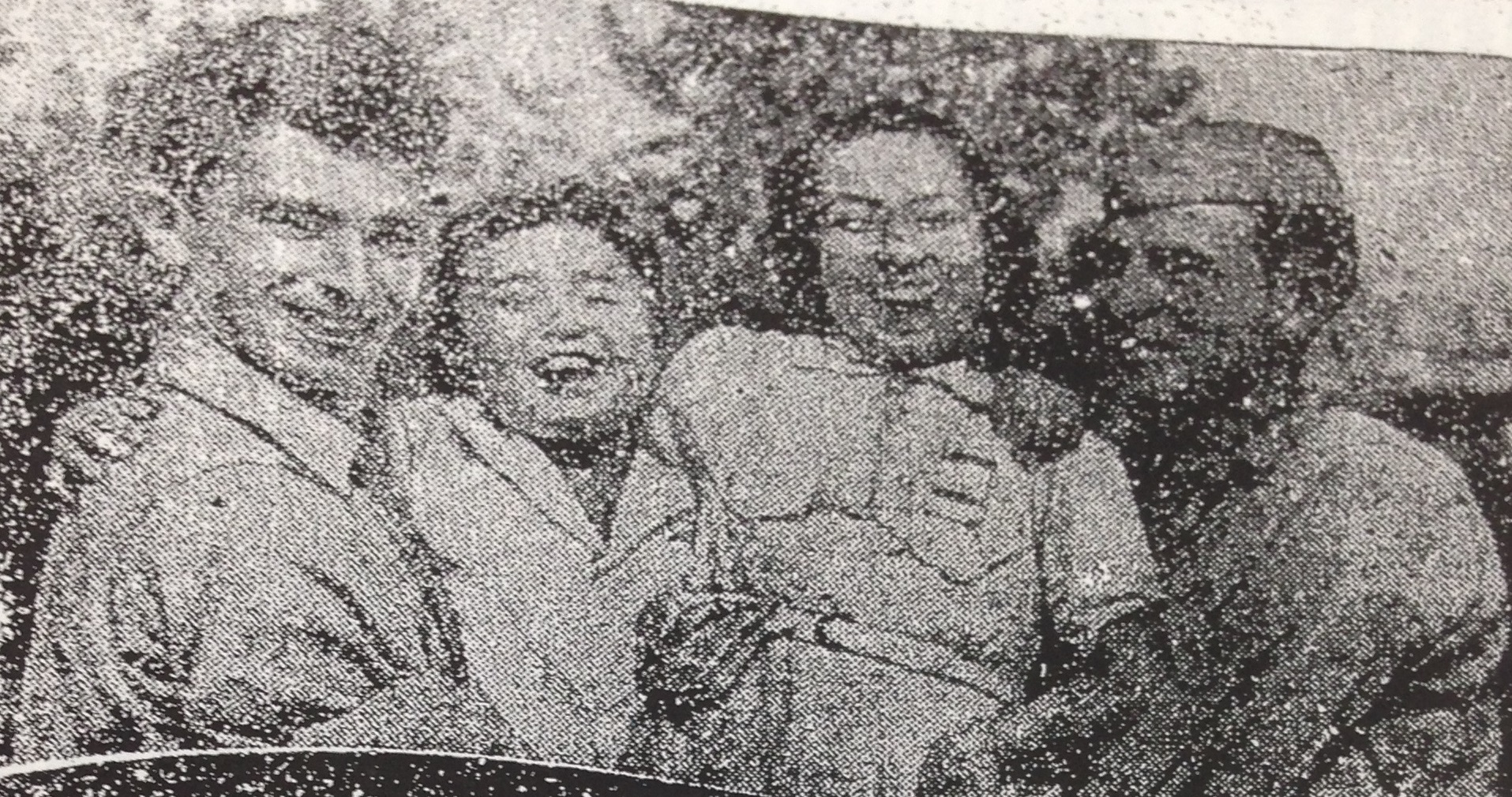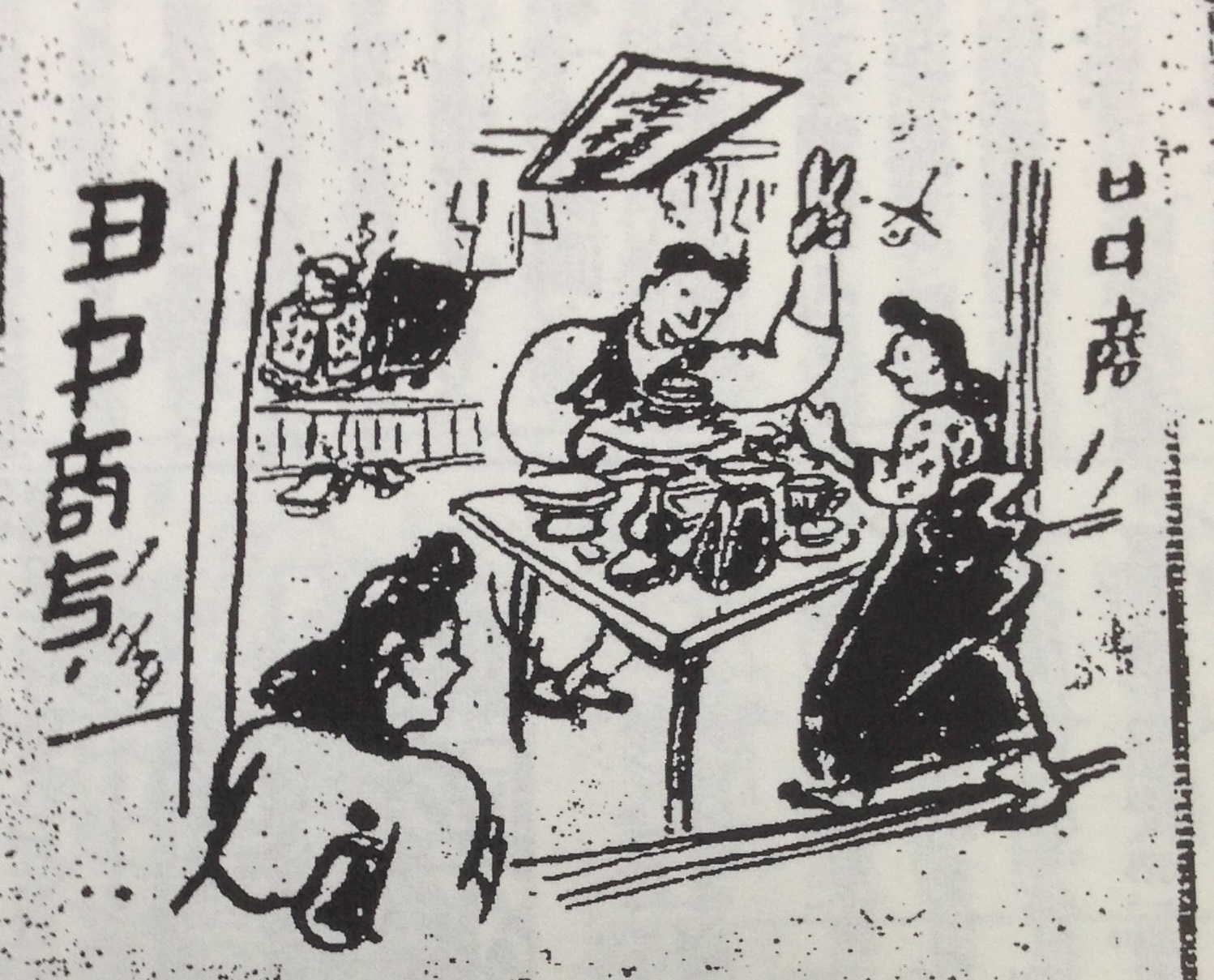
Nov. 1945 news articles called out Korean ‘national traitors’ who helped Japanese residents liquidate their assets into cash to take back to Japan, even public shaming one man by name
2024-01-06
418
1020
Continuing with my ongoing exploration of the old newspaper archives from 1945 Korea that I checked out at the National Library of Korea in September 2023, I decided to take a closer look at some more anti-Japanese articles in a Japanese language newspaper that was published after being taken over by a group of Korean independence activists. Around November 1st, 1945, Korean employees overthrew their Japanese bosses at Gyeongseong Ilbo (Keijo Nippo), the colonial era newspaper that had served as the main propaganda newspaper for the whole of colonial Korea from 1909 to 1945. The Korean independence activists subsequently continued the publication of this newspaper in Japanese with an avowed Korean nationalist editorial stance until December 11th, 1945. As the Korean employees of Keijo Nippo explained in their message to the readers, this was a temporary measure, undertaken while Korean typefaces were being prepared for eventual use.
These are a few short articles from November 1945 that give you a rough feel of what the attitudes of Koreans towards the Japanese were like back then. There was apparently a feeling that the wealth that the Japanese people amassed during the colonial period was ill-gotten, so the editors looked on with disapproval at any attempt by the Japanese to sell their things for cash to take back to Japan. They even viewed any Korean who helped the Japanese liquify their assets as traitors, naming one individual in particular to publicly shame (Lee Bok-dong), whose name is also written on the signage above the door in the news illustration of Tanaka store. There is also a report about Japanese people who were attempting to illegally travel from Japan into Korea. Next to that story is a short announcement about the release of Park Yeol, a Korean independence activist who was jailed in Japan for attempting to assassinate the Emperor. He is a controversial figure, as his political affiliation changed many times from anarchism, pro-Japanese Imperialist, anti-communism after the war, and then to pro-communism.
[Translation]
Gyeongseong Ilbo (Keijo Nippo) November 5, 1945
The intellectual class should unite with the populace
Do not buy Japanese property!
Lieutenant General Hodge meets with Song Jin-Woo
Lieutenant General Hodge invited Mr. Song Jin-Woo, leader of the Korean Democratic Party, for a discussion that lasted about an hour. Lieutenant General Hodge addressed the Korean intellectuals as follows:
“Currently, the Korean populace is being misled by ruffians, nihilists, and pro-Japanese factions. You should all strive to enter among the masses and make them understand what nationalism and democracy really mean.
I am convinced that all the people support nationalism and democracy. Nevertheless, it is regrettable that workers are not working due to the interference of ruffians, nihilists, destructionists, and pro-Japanese factions.
From a democratic standpoint, we cannot but allow the sale and purchase of Japanese property. However, if Koreans do not unite to buy it, the Japanese will likely leave the property as it is when they leave. Yet, the pro-Japanese factions are colluding with the Japanese, enriching themselves.
The military government does not permit Japanese people to take more than one thousand yen in cash when returning to their country.
If the Korean intellectual class joins the masses to thoroughly disseminate nationalism and democracy and unites to demonstrate the true power of the Korean people, the issue of the 38th parallel, which is a personal opinion of the Director of the Far Eastern Department of the State Department, will naturally be resolved.”
Gyeongseong Ilbo (Keijo Nippo) November 10, 1945
“Profile of the Japanese District (3)
‘Mr. Lee, please take care of it,’ ‘Don’t worry!’
‘What is the relationship between Tanaka Store and Lee Bok-Dong (이복동, 李福童)?’ Walking through the Japanese Shopping District, one can hear such conversations in each house. Look at the expression of the greedy old Japanese man guarding the safe in the back room! His heart, insisting on turning every single plate into money before leaving, is the last evil vestige of forty years of exploitation. However, the detestable pests infesting this country are not just these greedy Japanese moneykeepers.
There are also plenty of traitors to the nation who ride along with them, saying, ‘I’ll take care of your household goods.’ And who are those buying up Japanese property? They, too, must be completely driven out. (Illustration: Furniture to be sold off quickly)
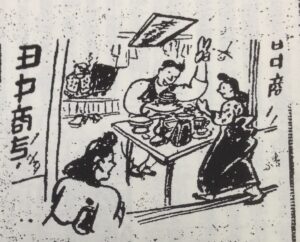
Gyeongseong Ilbo (Keijo Nippo) November 16, 1945
Illegal Crossings of Japanese to Korea
Travel Ban to be Implemented if Illegal Crossings Increase
While the repatriation transport of Japanese has become significant, conversely, many Japanese are attempting to travel from Japan to Korea. These ordinary Japanese people are being denied landing and detained by the Allied Forces authorities at Busan and other Korean ports.
It goes without saying that Japanese cannot travel freely to Korea. Recalling the times when even we, who were once called Imperial subjects, needed certificates to travel, it is unreasonable for the Japanese to think of Korea as their own territory and attempt to illegally travel for an easier life there because of inconvenient circumstances in their own country. Enduring inconvenience and hardship should be the way for the Japanese to live. On this matter, Colonel Stilwell states that under the current situation, Japanese are fundamentally not permitted to travel to Korea.
Those with unavoidable circumstances must obtain permission from the Allied authorities and possess a permit to travel. If the number of Japanese attempting to travel to Korea increases in the future, a ban on illegal travel in other regions will likely be issued. Once this ban is issued, regardless of the reason, travel for Japanese will become more difficult. Therefore, the Japanese side is urged to fully cooperate with the intentions of the United Nations.
Mr. Park Yeol to be Welcomed
Comrades from Daegu are headed to Tokyo
Twenty-three years ago, during the Great Tokyo Earthquake, Mr. Park Yeol (real name = Park Jun-sik) (47), who was arrested for attempting to assassinate the Emperor of Japan, and since then sentenced to life imprisonment from a death sentence, had been transferred between various prisons. Recently, he was serving his sentence in Akita Prison in Japan. He was released around October 10, following the so-called political prisoner release order by General MacArthur.
[Transcription]
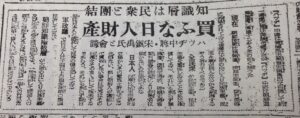
京城日報 1945年11月5日
知識層は民衆と団結
買うな日人財産
ハッジ中佐・宋鎮禹と会談
『ハッジ』中将は韓国民主党首宋鎮禹氏を招聘して約一時間に亘り会談を遂げたが、『ハッジ』中将は朝鮮有識階層に伝達するよう次の如く語った。
現在、朝鮮民衆は無頼漢、虚無主義、親日派等に籠絡されている。皆様は大衆の中に入り民族主義、民主主義が何だろかを納得するよう努力すべきである。
全民衆が民族主義、民主主義を賛成しいることを私は確信している。それにも拘わらず無頼漢、虚無主義者、破壊主義者、親日派等の跳梁により労働者は働かないのは遺憾である。
日本人財産は民主主義的立場からその売買を許可せざるを得ない。然し朝鮮人が団結して買収しない場合は彼等はその財産をそのままにして撤去するであろう。それにも拘わらず親日派は日本人と結託して彼等の懐を肥している。
軍政庁では日本人は千円以上の現金携帯の帰国は許していない。
朝鮮知識階級層が大衆の中に入り民族主義及び民主主義を周知徹底させ、一致団結して朝鮮人の底力を発揮するならば、国務省極東部長一個人の意見たる信託統治の三十八度問題も自然解決されるであろう。
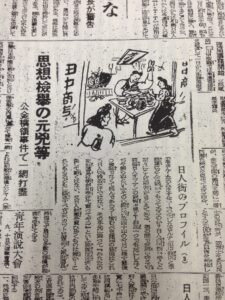
京城日報 1945年11月10日
日人街のプロフィル(3)
『李さん!たのみますぜ』、『心配しなさんな』
田中商店と李福童はどんな関係をもっているのか?日人商店街を歩くと家々にこんな問答がきこえて来る。奥の間で金庫を守る守銭奴日人おっさんの表情を見よ!お皿一つでも金にしなくちゃ帰らぬというその心臓は搾取四十年の今日に残す最後の発悪でなくて何であろう。憎むべき建国の害虫はこれら日人守銭奴だけではない。
その手先に乗って『あなたの家財道具は僕が引き受けて買ってやる』という民族反逆者も決して少なくはない。又日人財産を買い歩くのは誰か。これらももろどもに駆逐すべきだ。(かっとは売り捌く家財道具)
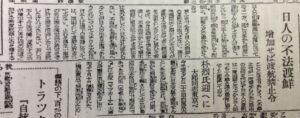
京城日報 1945年11月16日
日人の不法渡鮮
増加せば渡航禁止令
日人の引揚輸送に大様になっている一方、逆に日本から朝鮮に渡航せんと企てる日人が多く、これら一般日本人は釜山其の他の朝鮮の港で聯合軍当局から上陸禁止、抑留などの処分を受けている。
言うまでもなく、日人の朝鮮への渡航は自由ではない。過日皇国臣民と称せられた我々が渡航する時に於いてさえ証明書を必要としたことに思いを致せば、今なお朝鮮を恰も領土視し、不自由だからとて楽土朝鮮に密渡航を企てるが如きは思いなしといわなければならない。不自由も苦労も偲び堪えることが日人の生きる道であろう。これについてスチウル大佐は日本人は現下の事態に於いては、原則として渡鮮は許されていない。
止むを得ない事情の者は連合国当局の許可を受け許可証を所持した上で渡航しなければならない。若し日本人で今後郷関に渡航する者が増加するときは、他の地域における密渡航禁止令を発することとなるであろう。この禁止令が一度発せられたら理由の如何を問わず日本人の渡航は一層困難となるから日人側でも十分聯合国の趣旨に協力せよと要望している。
朴烈氏迎えに
大邱同志東京へ
今を去ること二十三年前、東京大震災当時に日本天皇を暗殺せんとしたために検挙され、死刑宣告から無期懲役を受けて以来、各刑務所を転々としていたが、最近は日本秋田刑務所で服役中であった朴烈氏(本名=朴準植)(四七)は此度『マッカーサ』大将の所謂政治犯釈放命令に依り去る十月十日頃釈放された。
